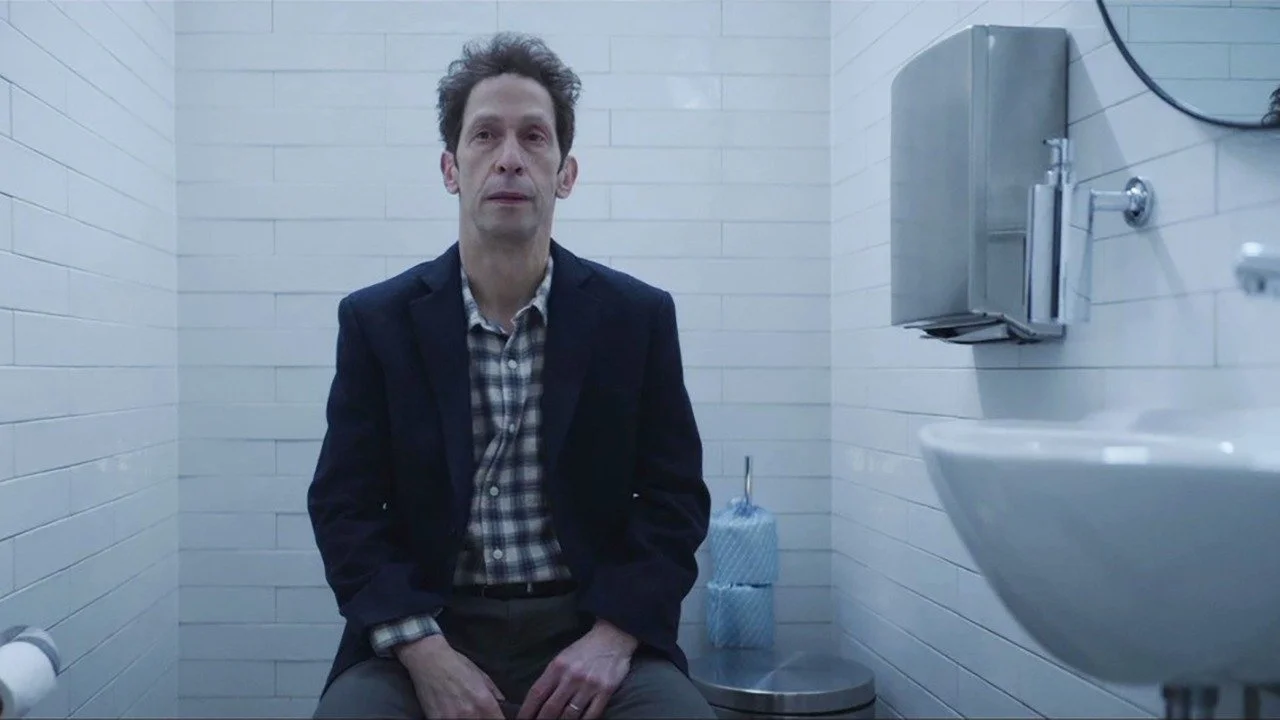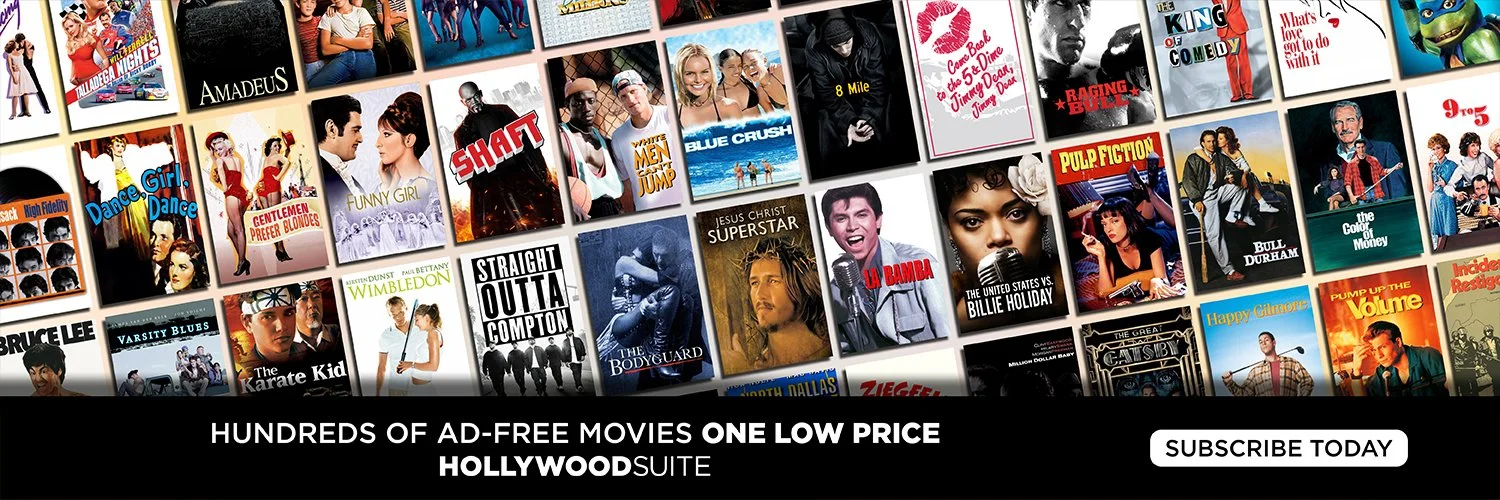The Invisibles: Imaginative Film Asks, Is It Better to Be Not Seen Than Hurt?
By John Kirk
Rating: A
A movie with a surreal premise, that examines whether it’s better to be not seen than hurt, The Invisibles is a tonic for the soul.
How does somebody go on from trauma?
That’s a question for Charlie Fisher (Tim Blake Nelson). When we meet Charlie and his wife, Hanna (Gretchen Mol), there is some sort of strain on their marriage. He avoids therapy, wakes up late and doesn’t seem to garner too much attention in his lower-tiered job.
Congratulations if you can see Tim Blake Nelson, because others can’t.
We don’t learn about the cause of this strain until later in the film. But initially, Charlie starts to simply … fade. People pass him, can’t hear him when he speaks, simply stop regarding his presence and eventually even start to walk through him. His wife doesn’t even know he’s there.
What carries him through is that he learns that there are other people in his situation. He first meets Nick (Nathan Alexis), a former baker of bannock (the best bannock in town). And he learns that he isn’t dead – just … not in the same perceptive wavelength of regular people. Nick notes that others experiencing the same thing all seem happy.
This idea is reinforced by Carl (Bruce Greenwood), the acclaimed leader of these Invisibles, who ostensibly knows everything. Not only does he tend bar for his friends in an abandoned bowling alley, but he also acts as a sort of spiritual guru for the Invisibles and maintains the philosophy that it’s just great to be in the now and enjoy the respite from the pain of regular existence that this new life has given them.
He believes that this world has chosen people like Nick for a reason. All of them have suffered some sort of a harrowing event in their previous lives, but this new life has hand-picked them to live out the rest of their existence in a pain-free, idyllic new life where they are surrounded by comfort, loving new friends and no judgment. Isn’t it just better to surrender to this and live out the rest of your years?
It's a tempting notion for sufferers of trauma, but Charlie is doubtful. Therein lies the seed for the audience’s own questions. Where did this world come from? What are the rules? Why is it okay for the denizens of this shadowy dimension to be in the same world as the rest of humanity but not of it? It’s a fascinating notion to break from trauma, and this drives the audience to keep watching.
When Charlie’s own son, Oskar (Simon Webster) appears in the bowling alley, more questions are asked: is this Heaven? Is it Purgatory? That’s the rest of the film and Charlie embarks upon a quest to discover the state he is in. Can he regain contact with his wife and share with her what he has learned?
Greenwood is a wonderful addition to this film in the role of the self-proclaimed otherworldly guide who all of the Invisibles look to for advice. Not only can Carl instantly identify their cocktail of choice, but he can also reassure them that the comfort, lack of pain and appreciation for the now they are currently experiencing is all they need to enjoy their continued existence.
That’s a powerful allure and Carl’s credentials as someone who loves to surf California every winter and tend bar for friends somehow strengthens Charlie’s resolve to figure out what is really going on, and if he can he return to his previous life.
(On another note: watch for our forthcoming interview with Greenwood about his role as Carl.)
This film is a journey. Not just to discover what sort of extra-dimensional existence Charlie has found himself in, but also one of self-discovery. And the way that director/writer Andrew Currie (Fido, Mile Zero) lays it out for the viewer is provocative on various levels. Is this an actual side-dimension or is it a state of mind? Does it represent a place within the Afterlife or is this still a mortal existence?
Watching this film is not just about figuring what part of the hereafter Charlie is in. It asks if there is a way he can heal the damage in his regular life and get back to it?
Of course, that becomes the metaphor for healing from trauma and Andrew Currie presents this in such a thoughtful way that the audience may feel inclined to consider their own. Does a life of experience have greater value than a life of avoidance?
Therein lies the draw of this film. It asks the question: is it better to give up, give in to whatever comfort we can find after a traumatic event? Of course, the answer is no. Life has a purpose, a vitality that we overlook in our quest for relief from pain.
I’m reminded of a Star Trek axiom in which Captain Kirk exclaimed that he needed his pain. We do, if not as a reminder of what we’ve learned, but as an acceptance that the joys of life come at a cost.
What a great film.
The Invisibles. Directed and co-written by Andrew Currie. Stars Tim Blake Nelson, Gretchen Mol and Bruce Greenwood. The Invisibles releases theatrically September 20.



